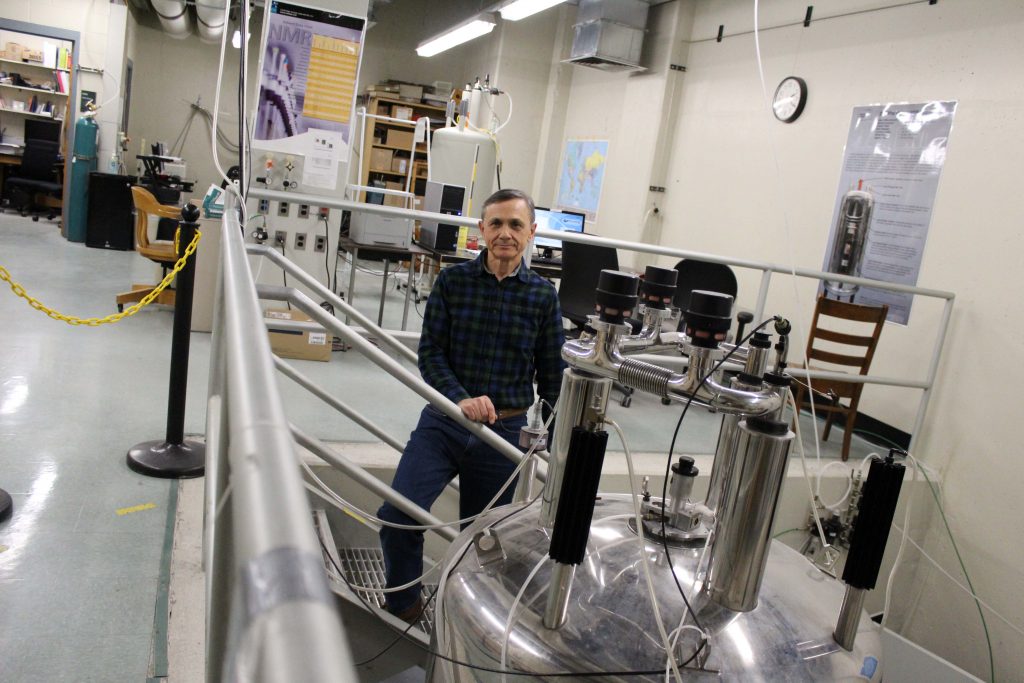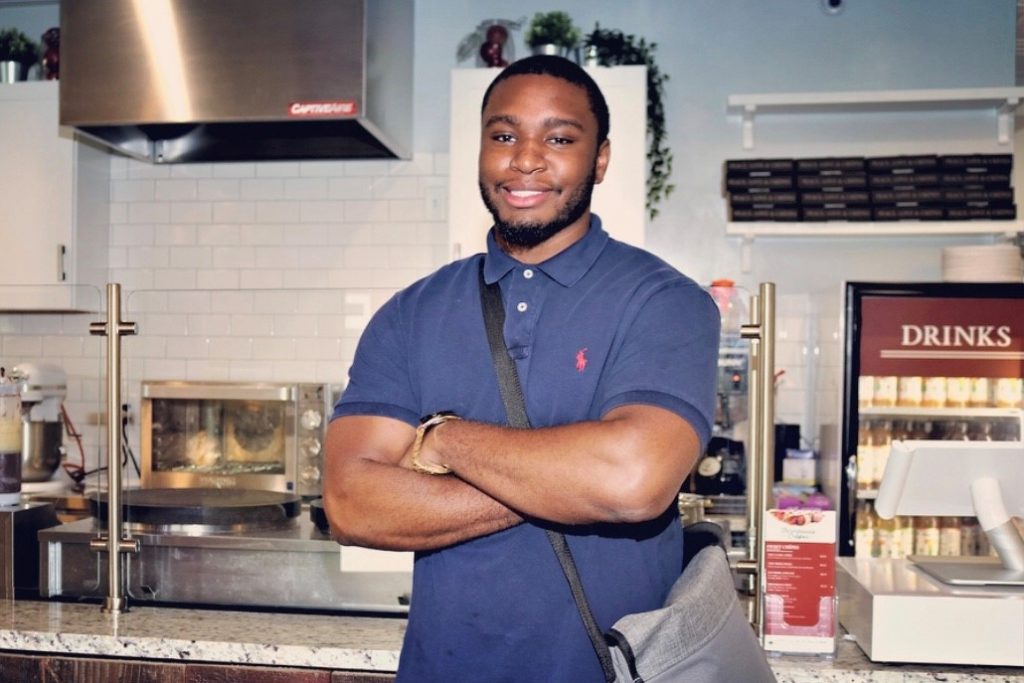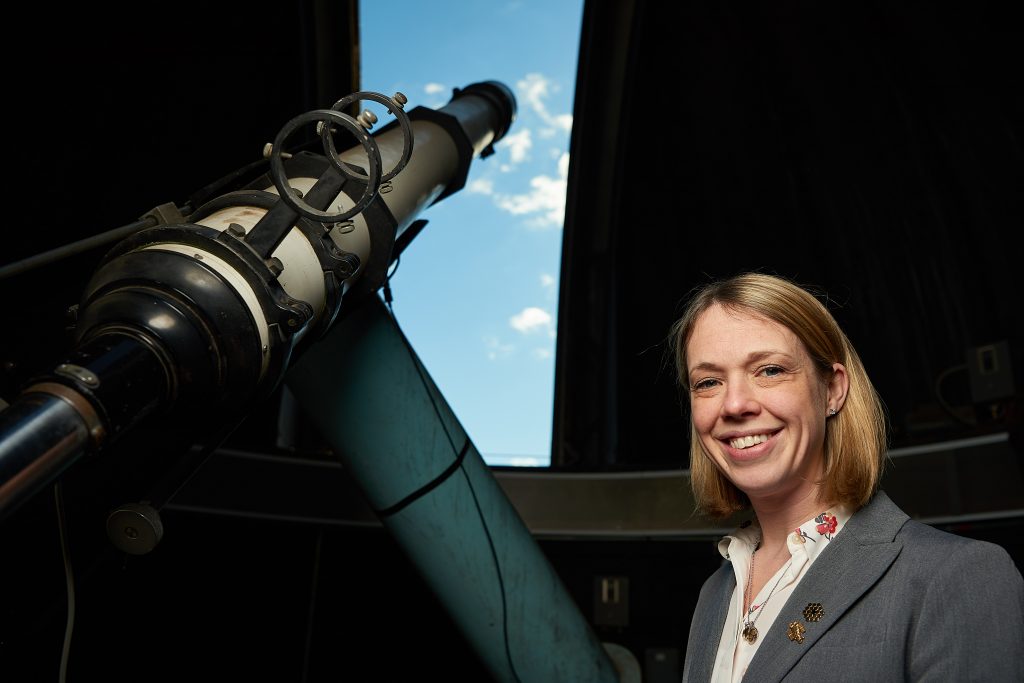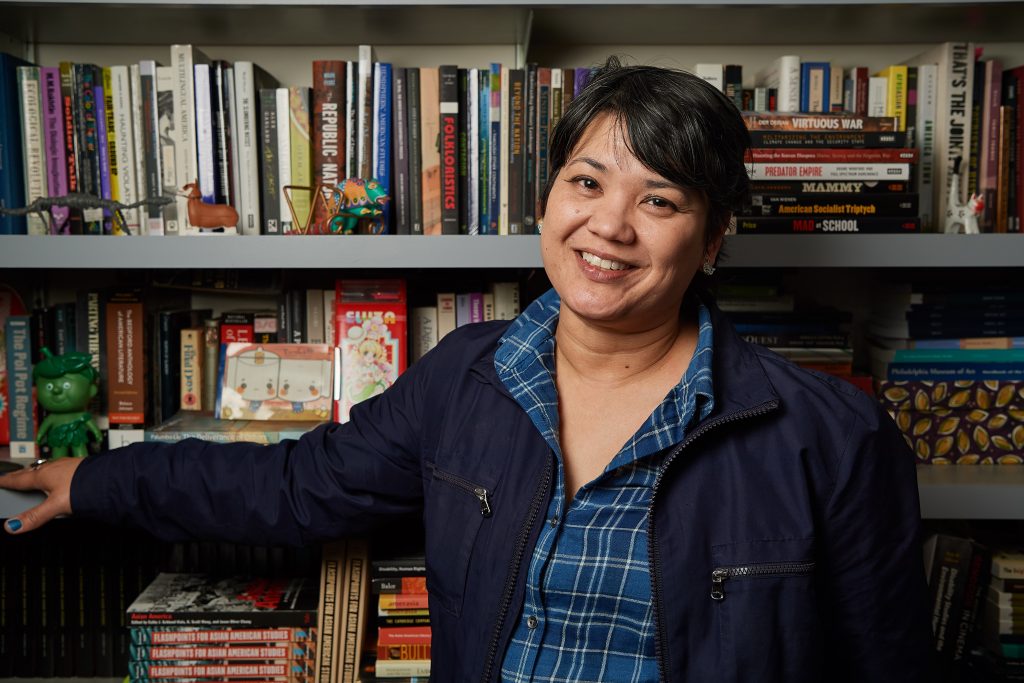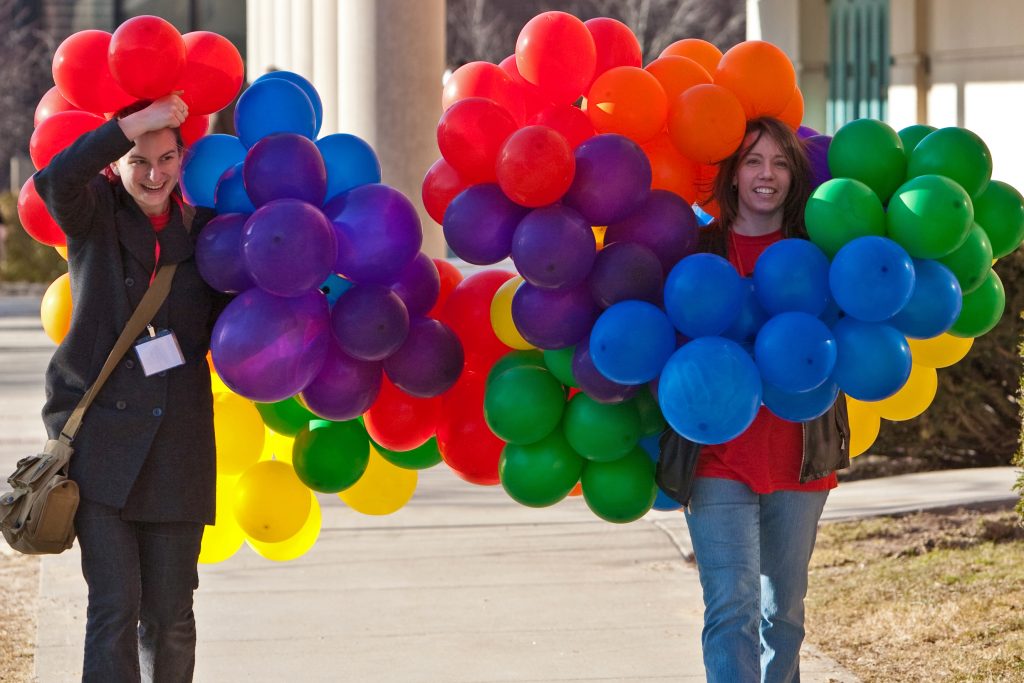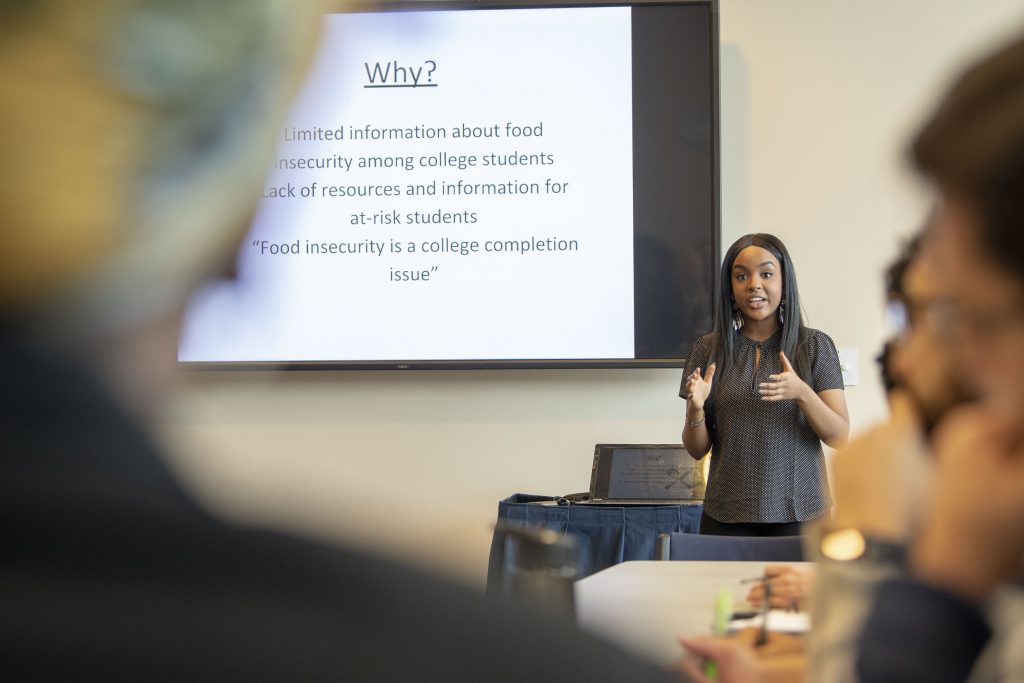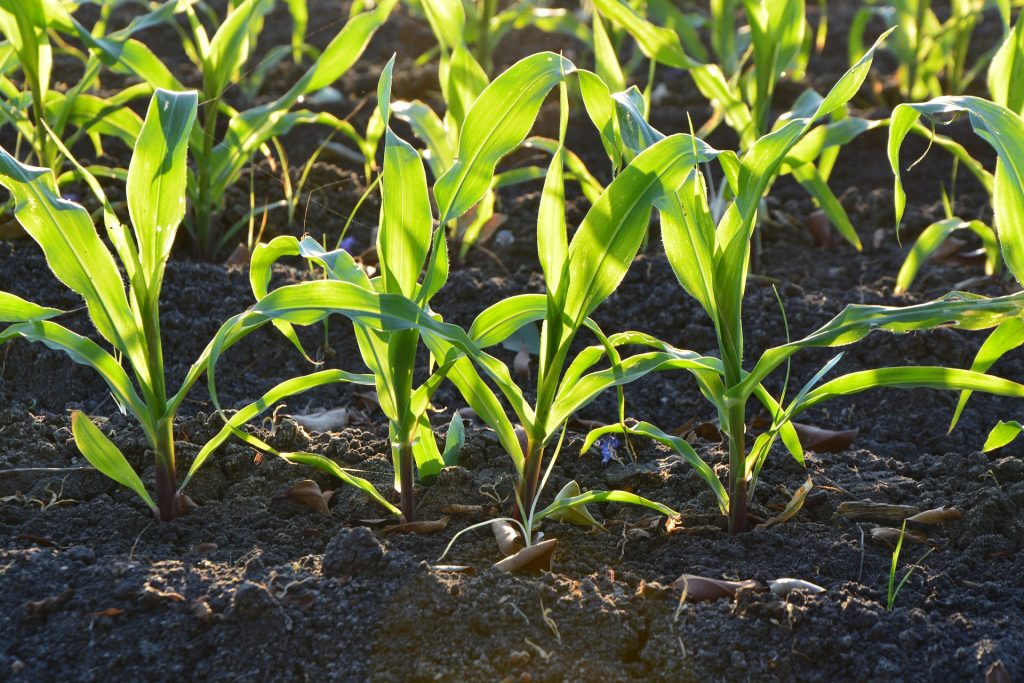College of Liberal Arts and Sciences
Insight into Molecular Makeup at UConn’s NMR Facility
UConn's Nuclear Magnetic Resonance (NMR) facility provides instrumentation that can identify compounds produced by chemists or extracted from natural products.
February 22, 2019 | Carson Stifel ‘21 (CLAS), Office of the Vice President for Research
Student Wrapped up in Farmhouse Crepes
Taj-Anthony Jean '19 shifted his view of himself, “from student-athlete to student-entrepreneur,” as he likes to say.
February 20, 2019 | Julie (Stagis) Bartucca '10 (BUS, CLAS), '19 MBA
Photography from the Front Line on Exhibit
Scott Wallace, associate professor of journalism, discusses his experiences as a war reporter in advance of a panel discussion at 4 p.m. at the Thomas J. Dodd Research Center.
February 20, 2019 | Kenneth Best
Rising Star in Astrophysics Receives Sloan Foundation Fellowship
Assistant professor of astrophysics, Kate Whitaker is one of 126 outstanding U.S. and Canadian researchers selected by the Alfred P. Sloan Foundation to receive 2019 Sloan Research Fellowships.
February 19, 2019 | Jessica McBride, PhD
From Bartender to Professor of Literature
A former first-generation college student, now a UConn faculty member, talks about how one of her professors inspired her as a graduate student, and how she hopes to help the students she now teaches.
February 19, 2019 | Julie (Stagis) Bartucca '10 (BUS, CLAS), '19 MBA
Many LGBTQ Youth Don’t Identify with Traditional Sexual Identity Labels
New data show that many LGBTQ teens prefer emerging identity labels that are driven by the teens themselves, says Ryan Watson, co-author of a study published today.
February 13, 2019 | Kenneth Best
Student-driven Project Seeks to Address Food Insecurity on Campus
UConn, like other colleges and universities nationwide, has students who face food insecurity. Two undergraduates are working to address the situation here.
February 12, 2019 | Jaclyn Severance
Celebrating UConn Inventors
In honor of National Inventors' Day, here's to all of UConn's faculty, staff, and student inventors.
February 11, 2019 | Jessica McBride, PhD
A Better Way to Make Acrylics
Researchers from UConn and ExxonMobil describe a new process for making acrylics that would increase energy efficiency and reduce toxic byproducts.
February 8, 2019 | Kim Krieger
Simulating Soil: UConn Researchers’ Technology Moves Sustainable Agricultural Research Forward
UConn researchers invented a technology that allows researchers a new way to study microbes and potentially improve seedling growth and plant survival.
February 7, 2019 | Anna Zarra Aldrich '20 (CLAS), Office of the Vice President for Research
